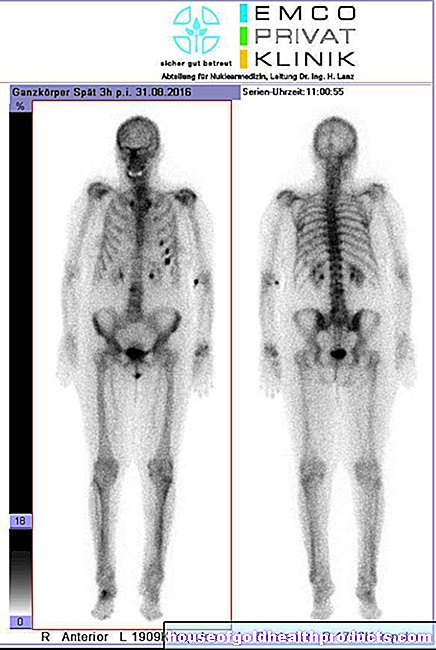Digital health
Digital technologies are fundamentally changing the health sector today. The collective term "digital health" - also known as e-health - includes various technologies and applications that are modernizing the healthcare system. Read here how the digital transformation is taking place and what advantages you will get from it.
What is digital health?
Video consultation hours, electronic patient files, e-prescriptions and health apps are practical examples of the digitization of the health system.
Communication in medicine, i.e. between patients and doctors, but also communication from doctor to doctor, is changing fundamentally as a result. In this context, two terms characterize current developments:
E-health itself is a collective term. It describes all digital technologies for general use in healthcare.
The related term telemedicine primarily refers to direct medical care. Telemedicine includes all diagnostic options, therapies and rehabilitation applications based on digital technologies.
What e-health applications are there?
E-health applications are a voluntary offer. This means that in order to be able to use the following functions, you must first actively consent. This includes:
- Video consultation
- Electronic patient record (ePA)
- Electronic certificate of incapacity for work (eAU)
- Electronic prescription (e-prescription)
- Digital vaccination pass (e-vaccination pass)
- Electronic medication plans
- Emergency data management
With your electronic health card (eGK) you already have an important prerequisite for these upcoming digital applications. The eGK stores your name, your date of birth, your gender, your address and information about your insurance status.

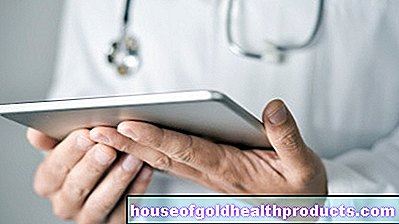

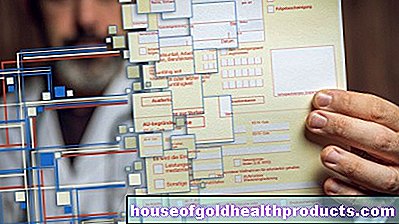
What opportunities do health apps offer?
Applications on mobile devices (smartphones, smartwatch) are also playing an increasingly important role. These are various offers such as health apps, fitness trackers, symptom diaries and diagnostic advisors.
They help with the control (monitoring) and prevention (prevention) of diseases. While some of them - for example fitness trackers - are available without separate approval, digital health applications (DiGa) in particular fall under the Medical Devices Act (MPG) - DiGa therefore have an official CE mark. If necessary, your attending doctor will also prescribe an app on prescription for you.

What are the advantages of digitized care?
Digital health applications can promote patient-appropriate care and facilitate work processes in practices and medical facilities.
Individual patient data is quickly available to your doctor, especially in emergencies - such as information on drug intolerance, existing allergies, blood group and previous treatments. This also avoids duplicate examinations.
Improved documentation of the course of the disease also supports tailor-made, personalized therapies that your doctor can work out with you.
Strengthening your sovereignty
As a patient, you have access to your stored health data at any time. This enables you to find out more independently about possible diseases and suitable therapy options.
This enables you to be more actively involved in the choice of suitable treatment measures. On the one hand, this improves transparency and, on the other hand, strengthens your sovereignty as a patient. This also helps underserved groups in particular.
More time for you
Your doctors also benefit from increasing networking and digitization. Modern practice management systems, tools to support clinical decision-making processes or the digital monitoring of vital parameters such as blood pressure and blood sugar can reduce the work, administration and documentation effort of your doctors.


Telematics infrastructure
The telematics infrastructure (TI) provides the technical basis for all applications of digitized health care. The exchange of data takes place via the Internet. In this way, the TI connects all stakeholders in the health care system and enables the secure exchange of information.
Authorized persons receive access to the telematics infrastructure through a so-called connector, a card reader and the respective proof of identity. While your doctor identifies yourself with the corresponding electronic health professional card (eHBA), you have the following TI access options:
- Access via mobile devices (smartphone, tablet)
- Access via the eGK card terminal in your doctor's office
data protection
Insured persons retain sovereignty over their stored and transmitted data at all times.
Your health data is transmitted in encrypted form (end-to-end encryption): This means that "plain text" of your health data is converted into an incomprehensible string during the transmission process.
Only the recipient - i.e. your doctor's practice, pharmacy or health insurance company - can decrypt your encrypted health data again. This protects against access by unauthorized third parties.
The TI is therefore a closed, secure network to which only registered and qualified persons or institutions have access. The Federal Office for Information Security (BSI) regularly reviews the TI in order to protect your sensitive health data in the best possible way.
Digital health news
What's new about digital health? You can find our current reporting here.
-
Online pharmacies: Many weaknesses in advice Mail order pharmacies usually do not advise their customers at all, or if they do, they often give them poor advice. That can be life-threatening. An expert interview. Learn more
-
App tip: AppzumArzt - the prevention overview Your personal health manager: The APPzumArzt reminds you of vaccination appointments and free check-ups - for the whole family. Learn more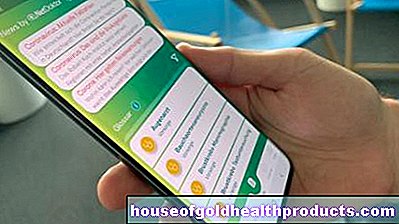
-
App tip: OnkoNachcare for cancer patients Get active after cancer: The "OnkoNachsorge Aktiv" app supports those who have recovered with follow-up appointments, exercise and medication. Learn more
-
Can apps support mental health? Do digital offers help to alleviate stress and depression - or is going to the doctor the better choice? Learn more
-
Recognizing strokes with the app Face, arms, language - a new app promises to be able to recognize a stroke more quickly by asking specific questions. Learn more
-
App tip: 116117 - the number with the elves Do you need medical help? The patient service 116117 helps to find the right contact person - simply via app. Learn more
- App tip: Kaia - train back pain away
- App tip: Just meditate with 7Mind
- Cancer: exercise app lowers risk of relapse
- Skin changes: Medical assessment via app
Legal basis
The following legislative initiatives form the legal basis for digital change:
- E-Health Act (January 2016)
- Appointment Service and Supply Act (May 2019)
- Digital Supply Act (December 2019)
- Patient Data Protection Act (October 2020)
They provide the legal framework that regulates how the step-by-step introduction of digital processes in the German health system is to be carried out. The corona pandemic accelerated the ongoing transformation towards digitized work processes, in some cases strongly.
Tags: anatomy prevention smoking







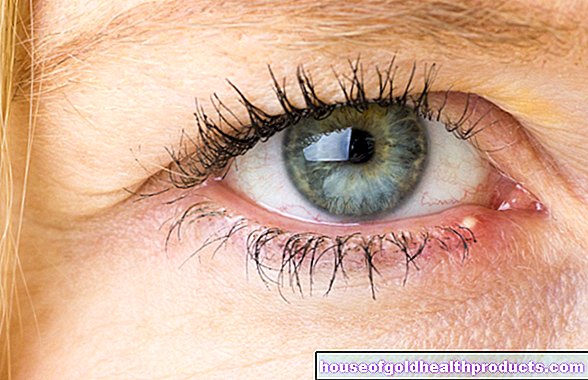


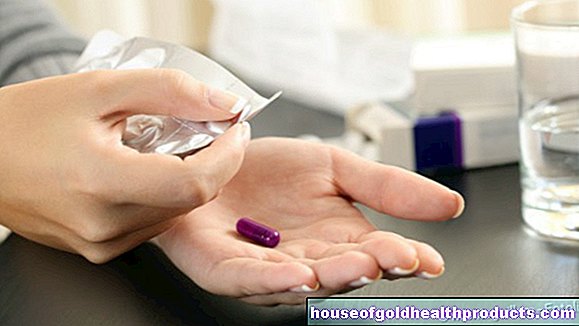

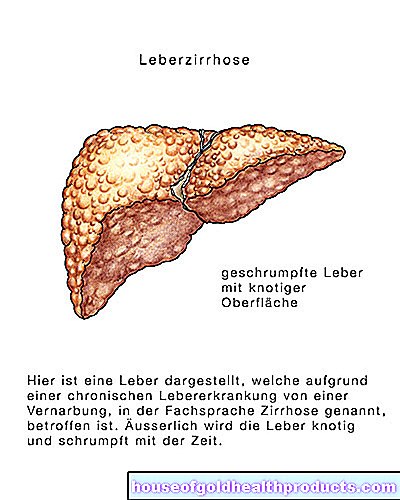





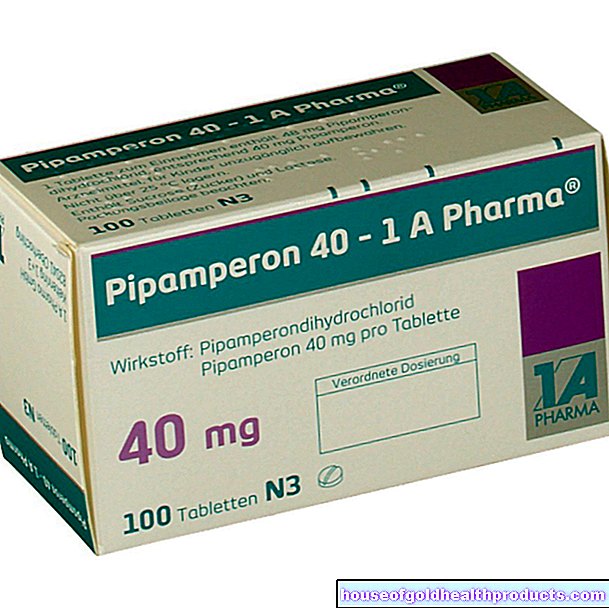




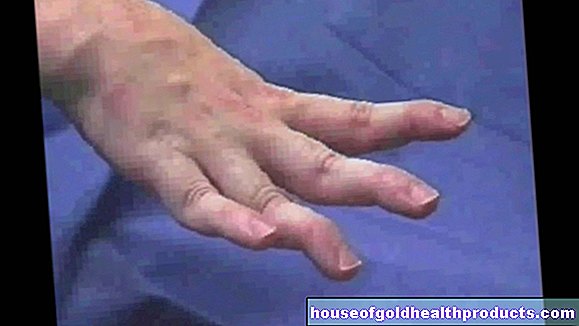

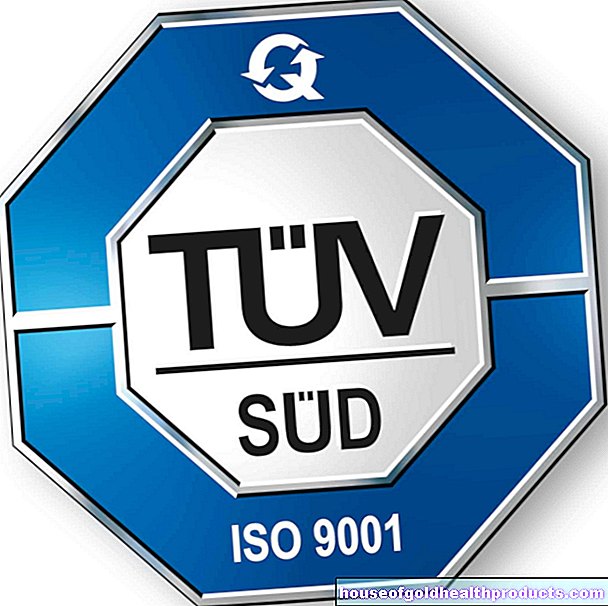


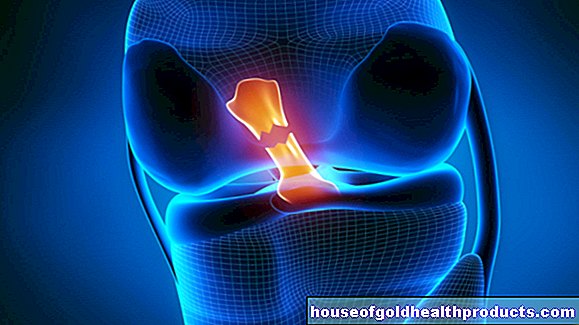

.jpg)
